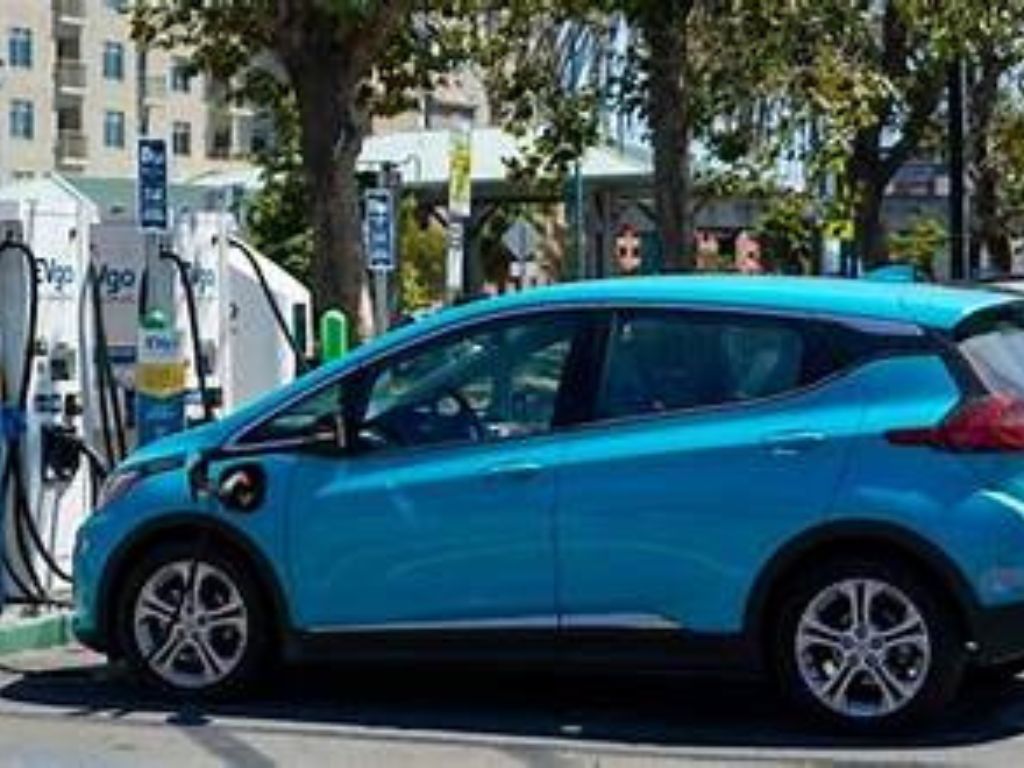On Thursday, the U.S. Senate voted against California’s historic proposal to ban gasoline-only cars by 2035, which has been embraced by 11 other states, or one-third of the country’s auto market.
With the vote, the resolution to revoke a permission issued by the U.S. Environmental Protection Agency under former President Joe Biden in December that permits California to require at least 80% of vehicles to be electric by 2035 is sent to President Donald Trump.
The decision is a defeat for California and environmental organizations who argue that the regulations are necessary to guarantee cleaner cars and reduce pollution, as well as a victory for General Motors (GM.N), opens new tab, Toyota (7203.T), and other manufacturers who vigorously opposed the laws.
In 2020, California first proposed a plan to mandate that by 2035, at least 80% of newly sold automobiles be electric, with up to 20% of those vehicles being plug-in hybrids.
California Governor Gavin Newsom declared, “This Senate vote is illegal,” and added that the Senate’s move would result in an additional $45 billion in health care expenditures for California taxpayers. “We’re going to fight this unconstitutional attack on California in court.”
Since 1970, California has received more than 100 waivers under the Clean Air Act
Moving forward, Senate Republicans disregarded the lawmaker’s recommendation. In March, the Government Accountability Office stated that the waivers cannot be revoked by a majority of the U.S. Senate alone under the Congressional Review Act.
“The fact is these EV sales mandates were never achievable,” stated John Bozzella, the CEO of the group. “In reality, meeting the mandates would require diverting finite capital from the EV transition to purchase compliance credits from Tesla.”
Abigail Dillen, president of Earthjustice, condemned the vote. “While our Republican leaders may try to put the horse back in the barn when it comes to electric vehicles, the world has already shifted under their feet,” she stated.
Tesla refrained from commenting right away. The vote, according to GM, will “align emissions standards with today’s market realities.”
Separately, the Senate voted Thursday to revoke the EPA’s 2023 approval of California’s plans to ban California’s low-NOx, or low-nitrogen oxide, regulation for heavy-duty highway and off-road vehicles and engines, as well as to mandate an increasing amount of zero-emission heavy-duty trucks.
These are the most current measures targeting electric automobiles in recent months.
The U.S. House of Representatives passed a separate bill Thursday that would repeal car pollution regulations intended to encourage automakers to produce more EVs, eliminate a $7,500 tax credit for new EVs, and levy a new $250 yearly fee on EVs for road repair costs. Additionally, it would phase away tax credits for the production of EV batteries in 2028.
It will be simpler for automakers to postpone or cease certain EV production if the courts uphold the revocation of California’s regulations. Automakers have warned that they could have to restrict gas-powered automobiles in several areas in the upcoming months.
According to California regulations, 35% of light-duty vehicles must be zero-emission versions by the 2026 model year. Given current EV sales, which are 10% or less in some areas that have adopted the regulations, automakers claim they are unable to reach that number. Maryland and Vermont have postponed compliance.

